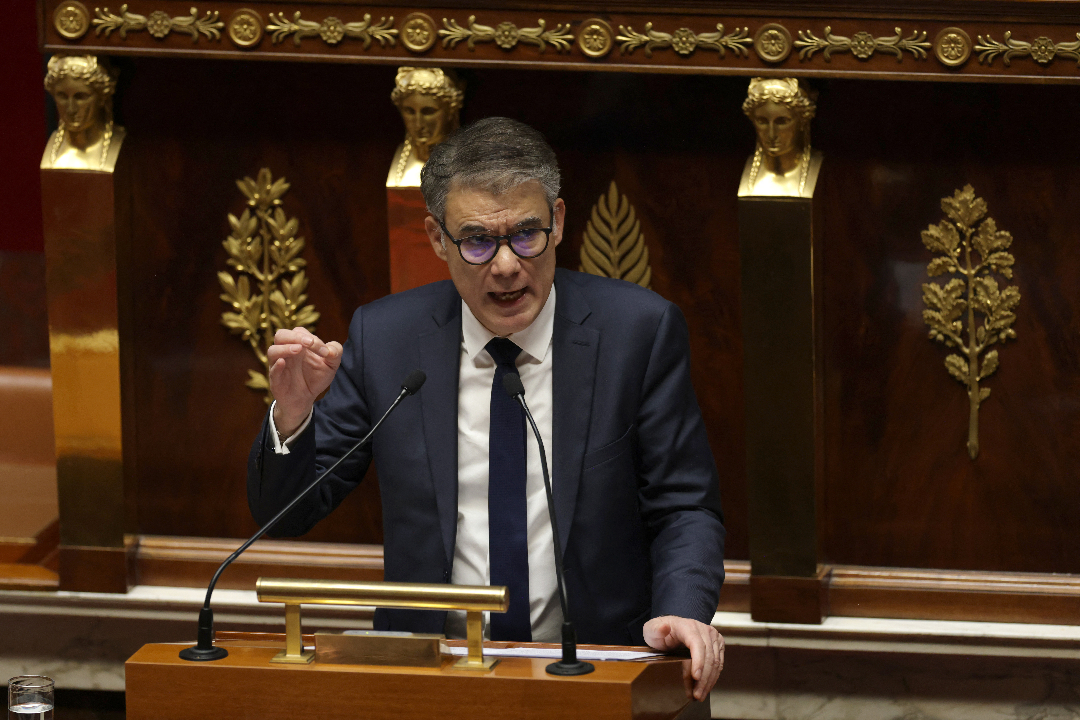François Bayrou comfortably survived his first confidence vote on Thursday, a little over one month after the veteran centrist became France’s prime minister. The January 16 vote, called by the left-wing force La France Insoumise (LFI), came two days after Bayrou’s inaugural “general policy” statement to the National Assembly on Tuesday. In the end, however, the no-confidence motion won the support of only 131 MPs in the 577-seat lower house — two hundred votes less than the no-confidence vote that sunk the short-lived government of Bayrou’s predecessor, Michel Barnier.
Largely symbolic, this week’s series of events in the National Assembly nonetheless marks a brief moment of respite for Bayrou, who has been tasked by President Emmanuel Macron with succeeding where Barnier failed. The new premier faces what he himself has called a “Himalayan” task: securing an austerity budget for 2025 out of France’s fractured parliament, which is divided into three warring blocs.
A longtime ally of Macron, Bayrou was appointed as premier after the more conservative Barnier was no-confidenced on December 4. Winning the combined support of the left-wing Nouveau Front Populaire (NFP) and the far right, that vote was provoked by Barnier’s attempt to force the passage of a social security financing bill through a so-called “49.3,” a special constitutional power allowing the adoption of legislation without a vote unless blocked by a successful no-confidence motion.
For now, Bayrou’s main success has been in peeling off the center-left Parti Socialiste (PS) from its allies in the NFP. In the near-party-line vote on January 16, the seventy-one MPs in LFI’s caucus were joined only by MPs of the Écologistes (the Greens) and the Parti…
Auteur: Harrison Stetler

